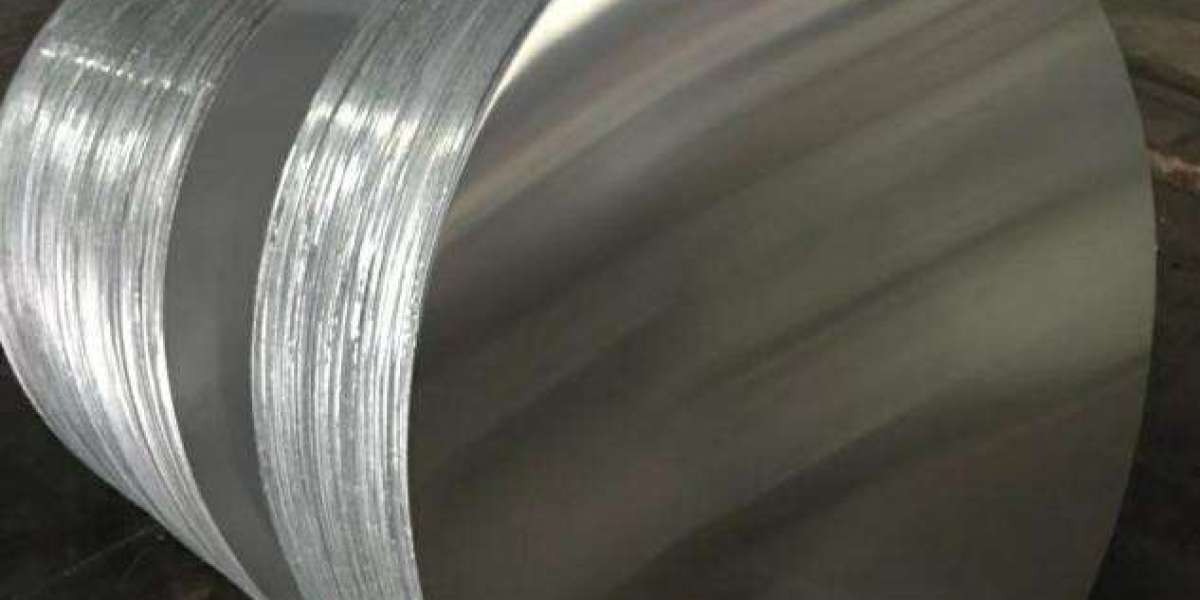Key Technical Specifications:
Alloy: The most common alloys used for traffic signs include 5005, 6061, and 3003. Each alloy offers a unique combination of strength, corrosion resistance, and workability.
Temper: The temper of the aluminum, such as H32, H14, or O, determines its hardness and formability. The appropriate temper is selected based on the specific application and desired properties.
Thickness: The thickness of the aluminum sheet is crucial for ensuring the sign's structural integrity and resistance to impact. Common thicknesses range from 0.040 inches to 0.080 inches (1.02 mm to 2.03 mm).
Surface Finish: The surface finish can significantly impact the sign's reflectivity and overall appearance. Common finishes include mill finish, anodized finish, and painted finishes.
Dimensional Accuracy: Precise dimensions are essential for ensuring proper installation and alignment of the signs. Tolerances for thickness and diameter are typically specified to maintain consistency.
Why These Specifications Matter:
Durability: The chosen alloy and temper directly influence the sign's resistance to corrosion, impact, and fatigue, ensuring long-term performance in harsh outdoor environments.
Reflectivity: The surface finish significantly impacts the sign's reflectivity, which is critical for ensuring driver visibility, especially in low-light conditions.
Workability: The selected specifications must allow for efficient fabrication processes, including cutting, bending, and forming, to minimize production costs.
Compliance: Adhering to specific technical specifications is often required to meet industry standards and regulations, ensuring the safety and reliability of the traffic signs.
By carefully considering these technical specifications, sign manufacturers can select the optimal aluminum circles for their specific needs, ensuring the production of high-quality, durable, and effective traffic signs that contribute to safer roadways.








